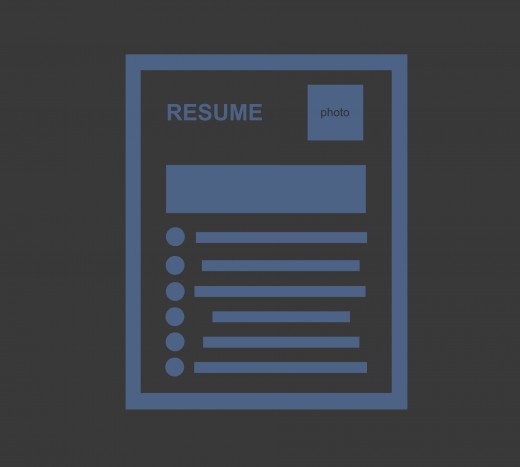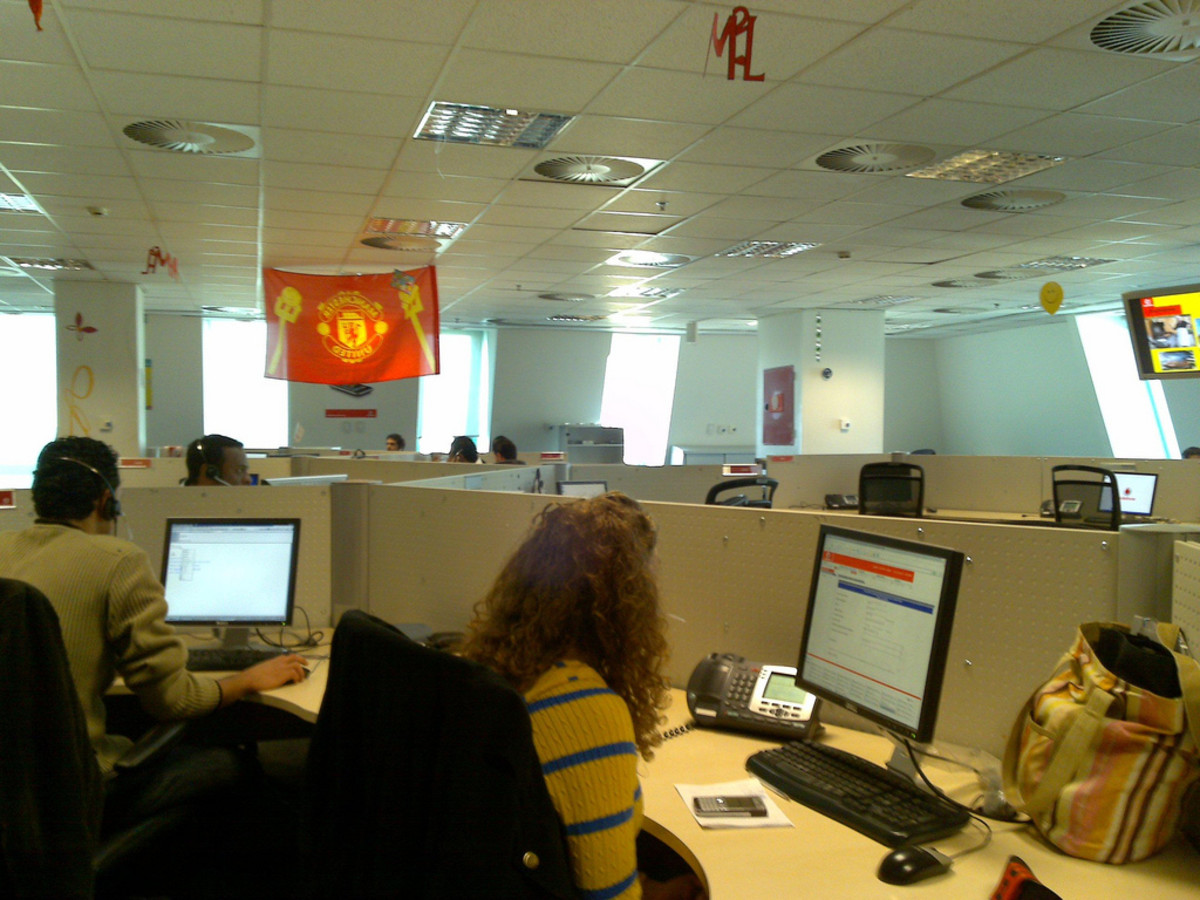- HubPages»
- Business and Employment»
- Employment & Jobs»
- Interviewing for a Job
How to Give a Great Academic Job Interview

You’ve had your sights set on the ivory tower and that just-right job that is waiting there for you. And now, you’ve been offered an opportunity to get it — a job interview for the academic job in which you know you would be an incredible asset to the institution. But the prospect of interviewing for such a position feels looming and overwhelming and you’re not sure if you can pull off a wonderful interview.
The good news is that the process of interviewing doesn’t have to be as scary as it might feel at first. In fact, there isn’t a terrible lot of variety from interview to interview in the academic world. With preparation and a bit of confidence, you can find yourself more than ready to conquer this hurdle.
Learn From Those Who Went Before You
Start with a bit informal research. Talk to your academic friends and colleagues and ask them about their interview experiences. If you know anyone who works at (or has previously worked at, preferably recently) the institution you’re interviewing with, ask them the same. Take notes if that helps. You don’t have to go in totally blind.
If this is the first academic position you’ve applied for and you don’t know anyone in academia that you can talk to, take to the internet. The web is a cache of useful information and opinions on every topic under the sun. Learn what people who’ve been there have to say about their interviews. It is sure to be informative, and perhaps it may also reassure you that yes, you can do this.
Know What to Expect
Don’t go into your interview blind. Having at least a general sense of who you’ll be meeting with and for how long will be a huge benefit to you. Most academic level job interviews involve a panel of at least three individuals or more. These are likely to include a senior member of the department, a senior manager from outside the department, and a member of human resources. the person who is your potential immediate boss will also be there — if he or she is not one of the above — and is the person you must most prove to that you can have an effective and enjoyable working relationship.
Also know what your panel expects of you. Are you going to be delivering a presentation or lecture? Make sure that you know in advance who your audience is, how much time you have, and what equipment is available to you. If you can prepare an entirely new lecture, rather than deliver an old lecture or cobble one together from several older lectures, is an excellent path to take.
Turn Your Ph.D. into a Job

Know What You’re Getting Into
Too many academic interviewees don’t exactly know the details of the job that they are applying for when they get to the interview. This looks unprofessional to the interview panel. Know exactly what will be expected of you in this position.
It is also good to thoroughly research not only the position but also the department and university. You cannot overdo this. What has the department recently published? What courses do they offer? Who are the department staff members and what are they researching? What is the range of the student demographic? What are the university’s goals and values?
If you can talk to someone within the department before your interview, that is an even greater asset. What are they, individually, working on? Where do they see the department going in the next year? 6 months? 5 years?
Practice Out Loud
Once you know what to expect and have done your research on the institution, you are ready to practice. Studying the job listing throughly and knowing what will be expected of you both in the interview and the job itself will enable to you to guess at what kinds of questions the interview panel will ask you. Practice your answers to these questions — out loud. Be prepared to discuss your research, your PhD, your teaching experience. Be ready to relate your past experience, skills, and specialities with the university’s needs and how you are uniquely able to meet those needs.
Also, make note of your actual speech and presence. Can you eliminate “um’s” and “uh’s”? Can you project a capable tone? Practice your body language as well — confident posture communicates a great deal.
If you can’t project what kinds of questions you might run into in the interview, the internet is again a great resource to turn to. See what other past interviewees for similar positions were asked, or check out THIS list of commonly asked academic career interview questions.

Dress the Part
On the day of the interview, dress professionally. Even if your panel dresses in jeans and faded tweed jackets, you must look the part of the shining paragon of academia. A tie, collared shirt, and dressy slacks are a must for men, and a suit jacket adds a nice touch. For women, go with a pencil skirt or slacks with a blouse, and avoid open-toed shoes or sandals; stockings are not necessary but aren’t out of place either. Make sure your clothing looks crisp and smart, not rumpled.
Give Yourself Time
Be sure to arrive early for your interview. Not only is this highly professional, but it’s of benefit to you as well, as it gives you extra time to prepare your mind for the interview in a calm and orderly fashion. Nothing is worse than rushing in last minute for such an important interview — even if you’re on time and nothing looks miss outwardly, you will feel out of sorts and inwardly chaotic. Give yourself the gift of time and plan to arrive early. Make sure you’re going in well-rested, too. A good night’s sleep before your interview is a sure investment.
In the Interview
It’s go time. This is what you’ve prepared for, and you are ready. Remember to connect personally with each panel member. Shake hands with everyone, and be sure to make steady eye contact both during introductions and throughout the interview. You don’t have to show that you’re superhuman or perfect, but you do want to show how capable you are and how that can benefit the department and the university.
Don’t be afraid to ask questions. In fact, make sure that you do ask questions. By asking relevant questions, you’ll show the panel how much you’ve gotten to know the institution, which can impress. Feel free to ask about some of the panelists’ research, publications, and future professional interests within the department as appropriate.
And, if you can, enjoy this time! While it is nerve-wracking, it can also feel really good to celebrate your many achievements and flaunt your stuff. You’ve got this!
Sources & Further Reading
- Top Ten Tips for Preparing for Academic Interviews - Careers Advice - jobs.ac.uk
You will have at least a few days to prepare for your academic interview, here are ten tips on how to maximise your chances of getting... #jobsacuk - How to shine in an academic interview | Higher Education Network | The Guardian
Here's the truth: interviews may be terrifying, but they are also predictable. Steve Joy shares his top tips - What To Wear to an Academic Job Interview








